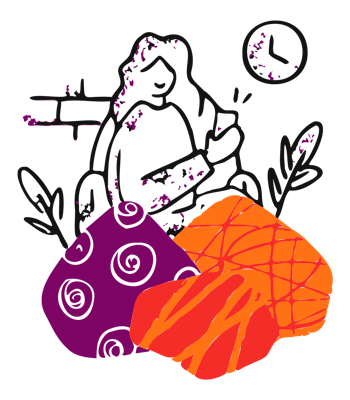Suspended in a Sunbeam
Yesterday, I wrote about resilience — how our species gets stronger as we become more connected.
Today, I'd like to put those words into action. The war on Ukraine is evil and cruel. It reflects humanity at its worst.
But the internet makes it easy to deliver money and resources to the people who need them most. The web, when used for good, is humanity at its best.
To that end, I hope you'll consider donating to Support Hospitals in Ukraine, an organization that has partnered with Project CURE to deliver millions of dollars of humanitarian medical cargo to Ukraine since 2014.
I am matching subscriber donations up to a total of $150. Just forward your donation confirmation to me at [email protected] by 1pm ET on Sunday to get it matched.
And since my employer will also match my contribution, every dollar you donate will go a long way for those in need.
In lieu of a traditional post today, I'm sharing the words of the astronomer Carl Sagan. The following is an excerpt from his book Pale Blue Dot: A Vision of the Human Future in Space. It's a timeless call to action — a call for kindness and compassion, for we must find a way to share the only home we have:
Look again at that dot. That's here. That's home. That's us. On it everyone you love, everyone you know, everyone you ever heard of, every human being who ever was, lived out their lives. The aggregate of our joy and suffering, thousands of confident religions, ideologies, and economic doctrines, every hunter and forager, every hero and coward, every creator and destroyer of civilization, every king and peasant, every young couple in love, every mother and father, hopeful child, inventor and explorer, every teacher of morals, every corrupt politician, every "superstar," every "supreme leader," every saint and sinner in the history of our species lived there-on a mote of dust suspended in a sunbeam.
The Earth is a very small stage in a vast cosmic arena. Think of the endless cruelties visited by the inhabitants of one corner of this pixel on the scarcely distinguishable inhabitants of some other corner, how frequent their misunderstandings, how eager they are to kill one another, how fervent their hatreds. Think of the rivers of blood spilled by all those generals and emperors so that, in glory and triumph, they could become the momentary masters of a fraction of a dot.
Our posturings, our imagined self-importance, the delusion that we have some privileged position in the Universe, are challenged by this point of pale light. Our planet is a lonely speck in the great enveloping cosmic dark. In our obscurity, in all this vastness, there is no hint that help will come from elsewhere to save us from ourselves.
The Earth is the only world known so far to harbor life. There is nowhere else, at least in the near future, to which our species could migrate. Visit, yes. Settle, not yet. Like it or not, for the moment the Earth is where we make our stand.
It has been said that astronomy is a humbling and character-building experience. There is perhaps no better demonstration of the folly of human conceits than this distant image of our tiny world. To me, it underscores our responsibility to deal more kindly with one another, and to preserve and cherish the pale blue dot, the only home we've ever known.

